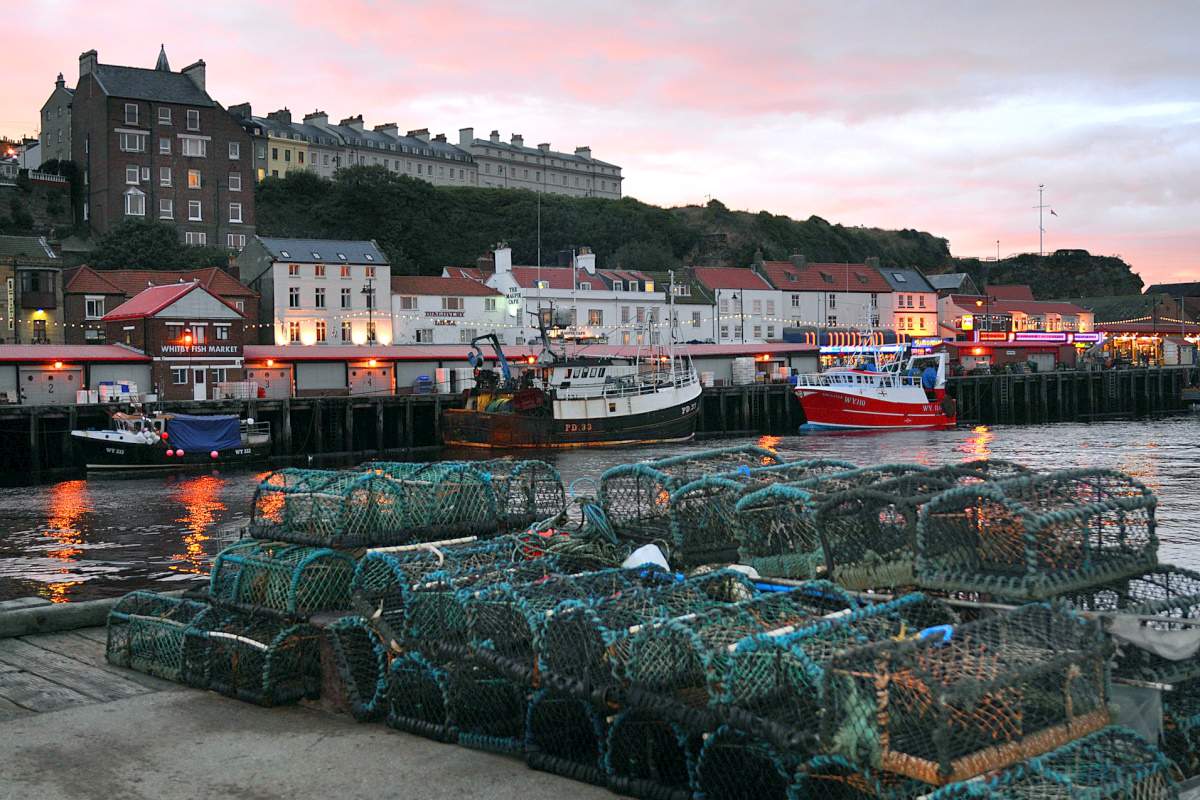
A final report by several councils into shellfish deaths off the North East and North Yorkshire coast has described the ‘catastrophic’ impact on fishing communities.
North Yorkshire councillors have called for financial support for affected fishermen and a national reduction of red tape to improve responses to future crises, after thousands of dead marine creatures, including crabs, started washing up between Hartlepool and Whitby in 2021.
No definitive cause was found, with fishermen claiming it was linked to the dredging of the River Tees, while the Department for Environment, Food and Rural Affairs (Defra) originally said it was likely to be due to naturally occurring harmful algae.
At a meeting on Friday, members of North Yorkshire Council highlighted the impact on fishing communities and a lack of financial support.
Coun David Staveley, chair of the environment overview and scrutiny committee, said there was “frustration over an inequity” that the fishing industry was not given similar financial support “as other industries were during the Covid pandemic nationwide”.
The report by the working group – which was made up of councillors from Redcar and Cleveland, Hartlepool, Middlesbrough, North Yorkshire, Redcar and Cleveland and Stockton councils – also highlighted the mental health impact of the crustacean die-offs on coastal communities.
“The event had impacted extremely negatively on the mental health and livelihoods of members of the fishing community and was described as a fight for survival for our ecosystem, community and tourism,” the report found.
It added:
“Clearly, the impact on fishing communities has been catastrophic in certain areas.
“Most areas along the coast in both directions from the Tees Mouth have experienced a fall-off in catch, the marine environment has been adversely affected in certain areas, and the number of vessels involved in inshore fishing has significantly diminished.”
‘Not going to get any further’
In 2023, North Yorkshire Council (NYC) backed calls for a public inquiry into the crustacean die-offs and a public inquiry was formally requested by the councils’ working group in July 2024.
However, Defra advised that an inquiry was unlikely to provide substantial new insights due to the length of time since the initial incident.
At the meeting, a council environmental officer said there had been “clearly no appetite” in Government for a public inquiry.
He noted that the working group was left with “a lot of questions” about how testing of dredging impacts was conducted, adding: “We are going to get no further in terms of the investigation of that incident.”
The committee also highlighted serious concerns about the complexity of the regulatory bodies involved in overseeing monitoring, testing regimes, and responding to incidents, with several members calling for a simplification of the oversight process.
Coun Melanie Davis told the meeting:
“I think this report suffers because it’s taken so long, I’m not a great fan of public inquiries, they cost millions of pounds, and I’d rather the money was given directly to the people who were affected by this.
“It was a bit of a whitewash because we didn’t want to upset our powerful friends, and we should look to somebody to take responsibility.
“Some people are worthy of blame, though they may never get it, because there are people along the line who haven’t done their jobs.”
Finance and testing
A senior environmental officer told councillors that recently, “the lobster population is recovering, though it’s not back to where it was, and the crab population is still a long way from that”.
Speaking at the meeting, Coun Derek Bastiman said:
“It’s an extremely complex position to be in regarding the water quality, but the good news is that the lobsters are holding their own.
“I think we have turned a corner, but I feel sorry for the fishermen who have invested heavily in their boats, and many have gone bankrupt as a result of this incident.”
Coun David Chance stated:
“No one can say what’s caused it, but it’s possible that it was a cocktail of chemicals that were released from the bottom of the Tees.
“The original Defra finding that it was an algal bloom was disproved, and what had happened was Defra had taken a photograph off the internet that was actually of iron in the water, and that was rubbished in the inquiry.
“It’s important that the recommendations are for greater sampling and greater care and to increase the type of samples that are taken.”
Coun Phil Trumper, who represents the Whitby West division, said:
“Other areas, such as farming, get financial support and we should be pushing the Government on that.”
One of the recommendations of the final report, which was also put forward to NYC’s executive committee, proposed “financial support for ventures that might aid the recovery of marine ecosystems”.
The working group’s final report also commended the efforts of the Whitby Lobster Hatchery to improve stocks and noted that further hatcheries should be evaluated to “ensure that the restocking of lobsters is maintained to support a sustainable future for the inshore fishing industry”.
It added that “similar efforts to restore the population of crabs should also be explored”.



 Burniston Gas Well Plan Recommended for Approval Despite 1500 Objections
Burniston Gas Well Plan Recommended for Approval Despite 1500 Objections
 East Riding Councillors Condemn ‘Punitive’ Government Funding Review as Council Faces £100 Million Shortfall
East Riding Councillors Condemn ‘Punitive’ Government Funding Review as Council Faces £100 Million Shortfall
 Scarborough Athletic Chair Eyeing Playoffs
Scarborough Athletic Chair Eyeing Playoffs
 East Riding Council Facing "Tough Decisions" as New Operating Model Signals Looming Redundancies
East Riding Council Facing "Tough Decisions" as New Operating Model Signals Looming Redundancies
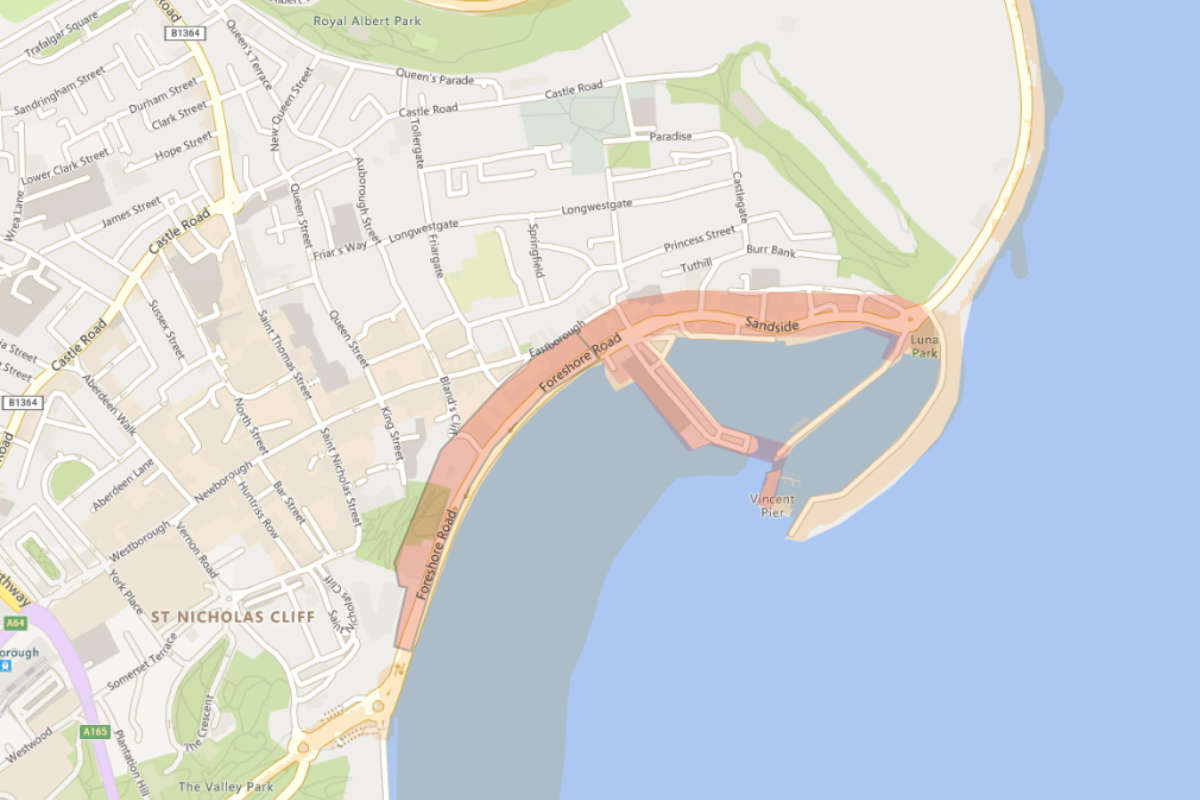 Flood Warnings Issued For Scarborough's Sandside & Foreshore Road
Flood Warnings Issued For Scarborough's Sandside & Foreshore Road
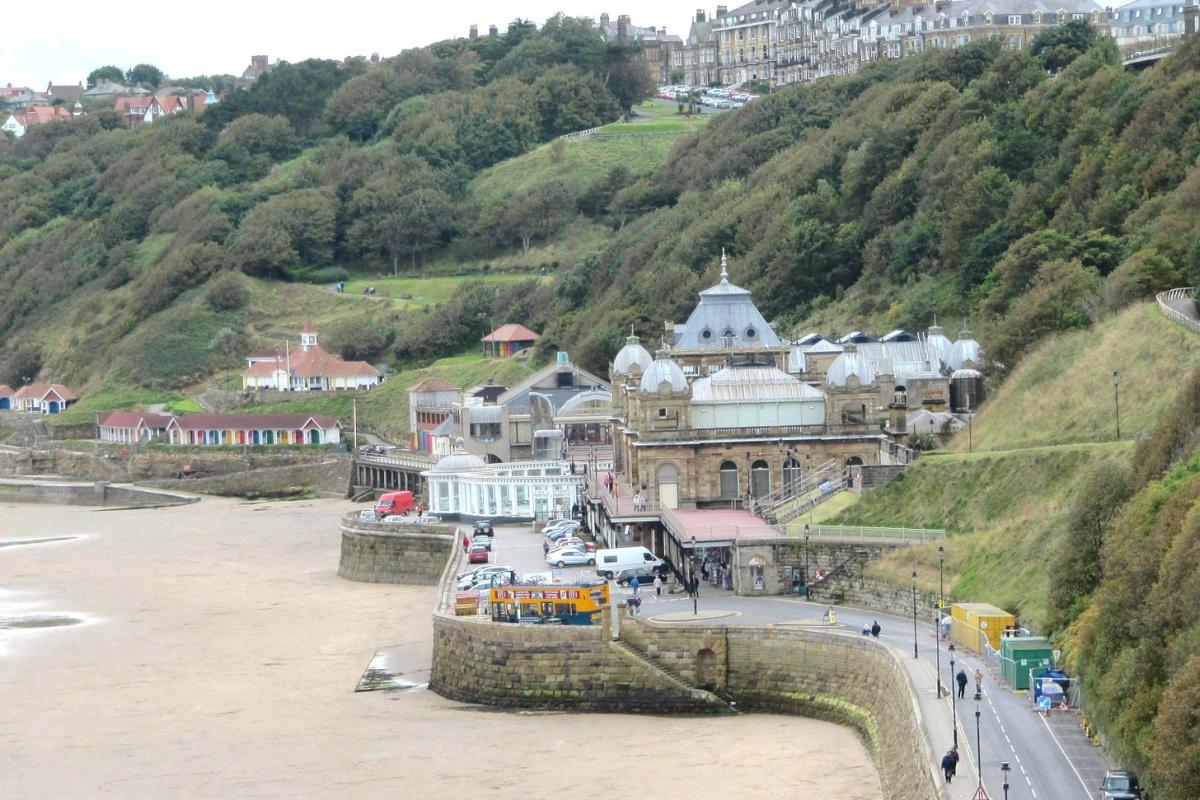 Location for Scarborough's 400th Anniversary Sculpture Confirmed
Location for Scarborough's 400th Anniversary Sculpture Confirmed
 New Chief Exec for Yorkshire Air Ambulance
New Chief Exec for Yorkshire Air Ambulance
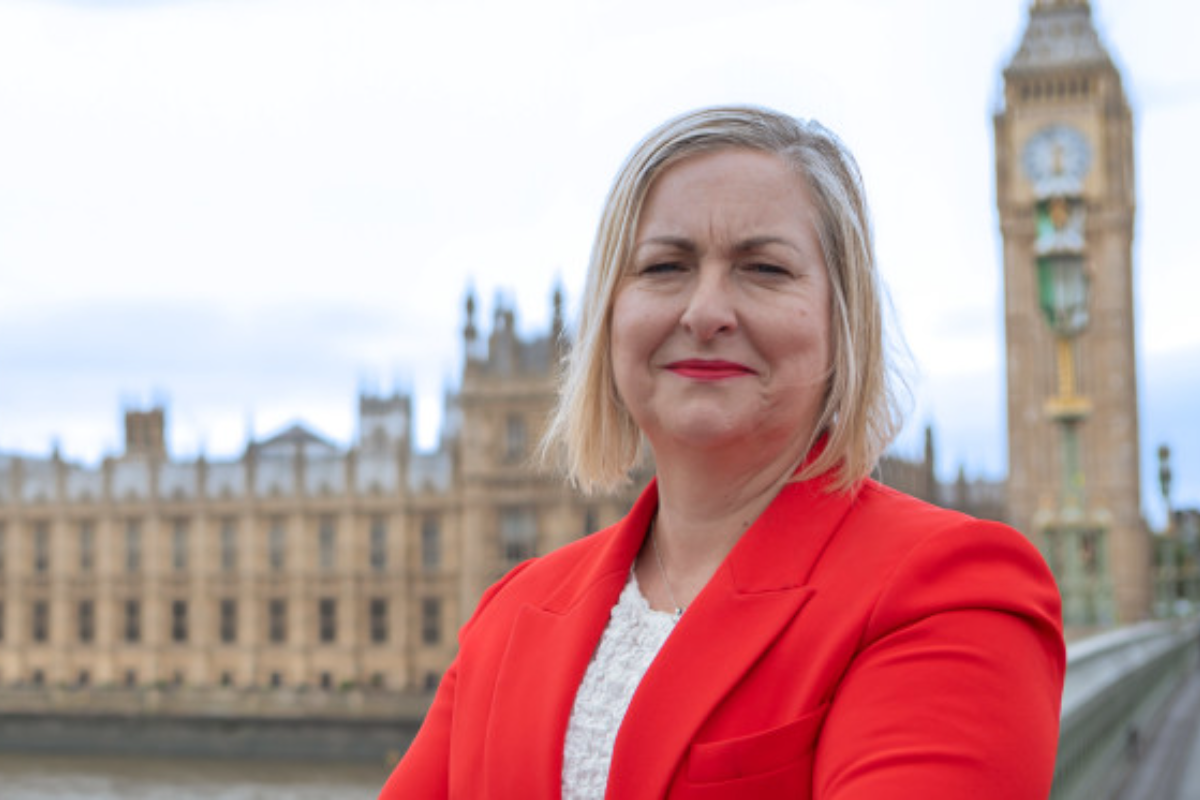 Scarborough and Whitby MP Presses for Burniston Fracking Decision to be Delayed
Scarborough and Whitby MP Presses for Burniston Fracking Decision to be Delayed
 Pickering and Filey MP Criticises Government for ‘Unfair’ Rural Funding Settlement
Pickering and Filey MP Criticises Government for ‘Unfair’ Rural Funding Settlement
 East Riding to Introduce Weekly Food Waste Collections Amid Long-Term Funding Fears
East Riding to Introduce Weekly Food Waste Collections Amid Long-Term Funding Fears
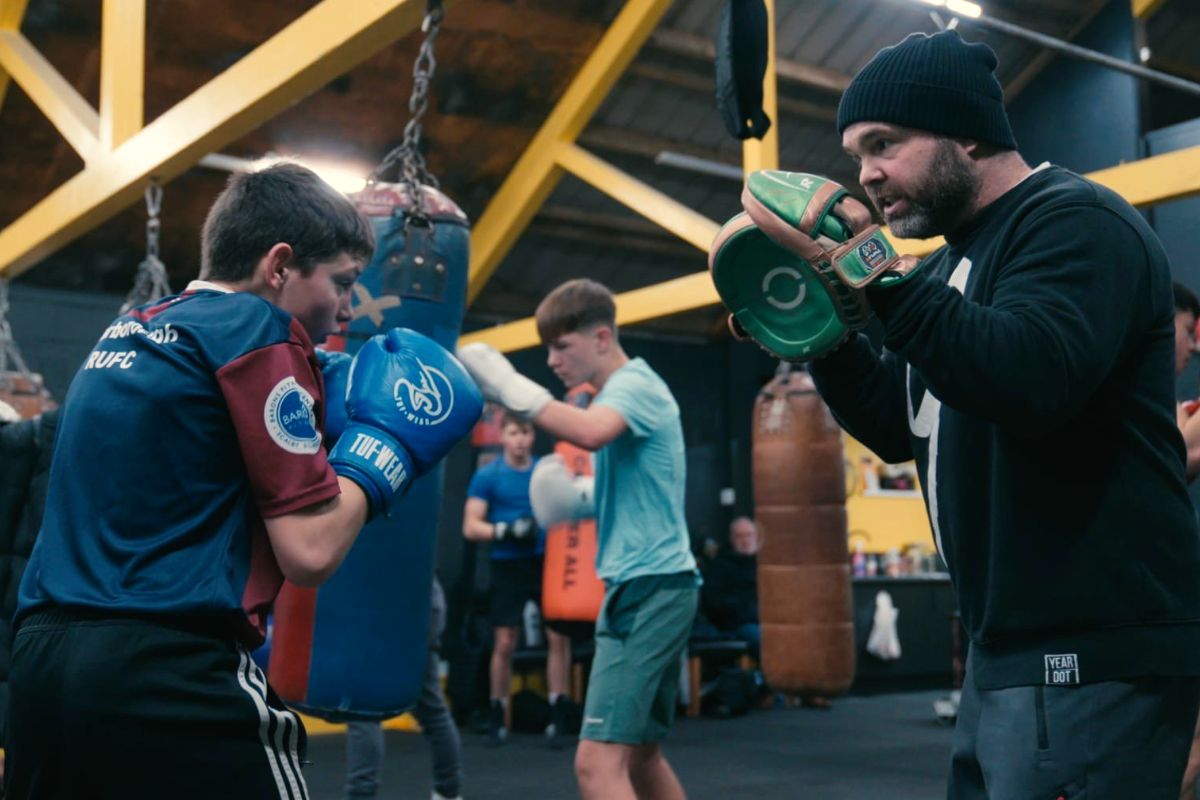 Eastfield Boxing Club Film to Get Scarborough Premiere
Eastfield Boxing Club Film to Get Scarborough Premiere
 Scarborough Athletic Stunned By Minnows in Senior Cup
Scarborough Athletic Stunned By Minnows in Senior Cup








Comments
Add a comment